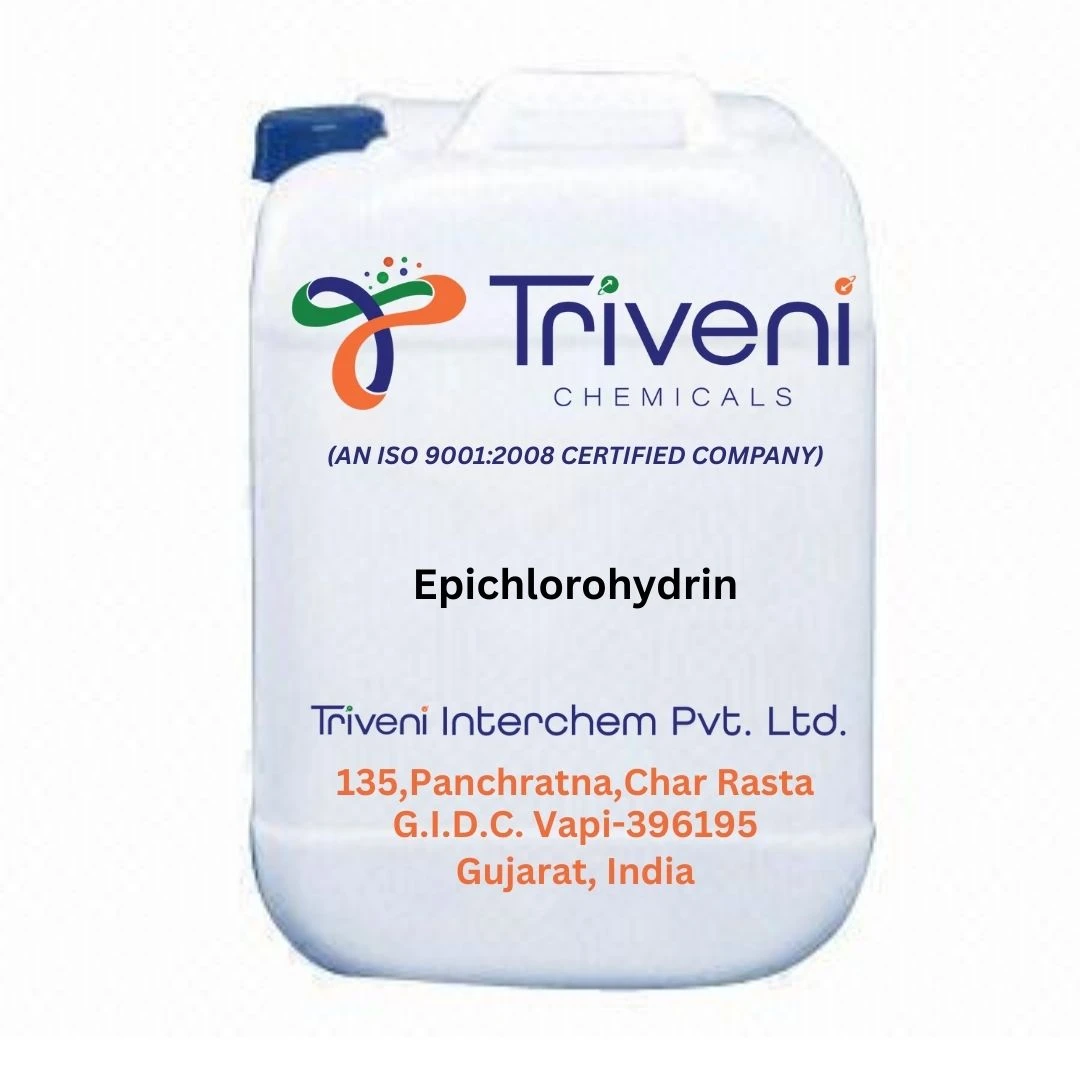Biocides are a broad category of chemical compounds that are essential for regulating and preventing the development and spread of a wide range of microorganisms, including bacteria, fungus, algae, and viruses. These substances are widely employed in a variety of sectors and uses, including as consumer goods, healthcare, agriculture, and..
Biocides are a broad category of chemical compounds that are essential for regulating and preventing the development and spread of a wide range of microorganisms, including bacteria, fungus, algae, and viruses. These substances are widely employed in a variety of sectors and uses, including as consumer goods, healthcare, agriculture, and water treatment. For many products and processes to be safe and effective, biocides are necessary. To protect crops from pests and diseases, biocides are frequently used as pesticides in agriculture. This increases agricultural output and food security. They are also useful in the care of animals to prevent the transmission of illnesses among cattle. Biocides are necessary for disinfection and sterilization in healthcare settings because they help to stop the spread of illnesses and provide a sterile and secure environment for patients and medical staff. Biocides are substances that are used in the water treatment industry to clean drinking water and industrial wastewater, making them safe for human consumption and environmental release. Biocides play a crucial role in the manufacture and preservation of a wide range of consumer goods, including paints, coatings, and personal care products, where they stop the growth of dangerous bacteria that can cause product degradation or spoiling. Additionally, by preventing decay and microbial growth, biocides are used to preserve wood and other building materials and increase their lifespan. The use of biocides is not without controversy and difficulties, though. Regulatory measures aimed at limiting their use and guaranteeing their proper disposal have been prompted by worries about the environmental impact of biocides, notably their persistence and potential toxicity. Additionally, the emergence of biocide resistance among microbes and their propensity to harm non-target organisms highlight the importance of responsible and prudent use. In conclusion, biocides are a varied class of compounds that are essential for maintaining human health, safeguarding the environment, and assuring the quality and lifespan of numerous goods and procedures. Although it is imperative to use them, doing so must be properly controlled and regulated to reduce any negative consequences on the environment and public health.
- Biocides – Controlling harmful microorganisms in industrial and medical applications, linked to Bipolar Disorder.


